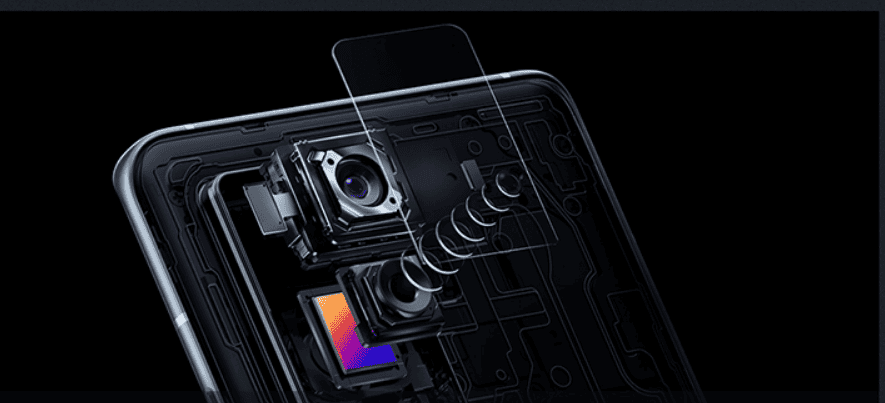The chip shortage and the trade war between the US and China have catalyzed how fragile the world is and how much the semiconductor business depends on the relationship between the two parties. Naturally, China realized this more acutely than others and decided to take a course towards gaining silicon independence.
A number of Chinese companies have rushed to build a semiconductor business and are investing huge funds into this business. True, the full-scale release of chips is still far away and they need to “get their hands on” in their creation. Therefore, it was decided to start small – the release of image processing chips. In this field, Xiaomi has already started and Oppo will join it.
Today we received a message that another BBK subsidiary will launch a branded chip. We are talking about Vivo, whose chipset called “Yueying” may debut in September. The first devices that will receive an ISP of their own design may be smartphones of the Vivo X70 series.
Vivo will soon unveil its proprietary image processor for smartphones

The idea to create its own chip came from Vivo in 2018, but they started to implement it in 2019. Now the company is actively recruiting specialists for its team, which will create proprietary processors. We expect that the total number of the corresponding division will be 500-600 engineers. It will not do without a solid infusion of investments in order to realize its plans.
As already mentioned, Oppo is also working in the direction of creating a proprietary chip, which has already managed to put together a team of 1000 engineers and we should see the first result of their work in the Oppo Find X4.
Earlier, during the spring conference, Xiaomi unveiled its first image processor, the Surge C1. Recall that in 2017, the company launched the Surge S1 mobile processor, which was used in a pair of branded smartphones, but never became widespread.
Unlike the Surge S1, the new chip is an independent image processing chip for smartphones. It uses sophisticated algorithms to enable smartphones to perform advanced image processing. Surge C1 is responsible for autofocus, white balance and auto exposure. The company claims that the new chip improves digital imaging efficiency by 100%.
The new image processor made its debut in the Xiaomi Mix Fold foldable smartphone, presented earlier. The company will introduce more devices with the Surge C1 chip soon. It may also update it in the next few months.





